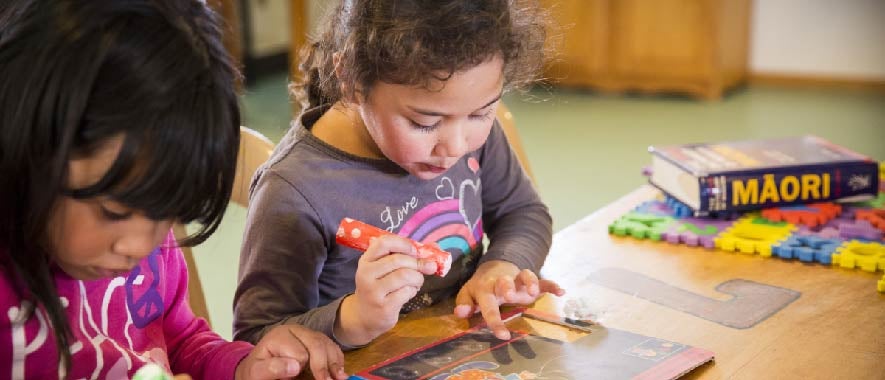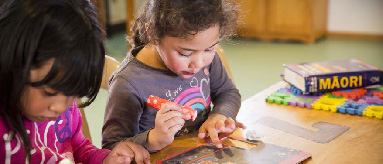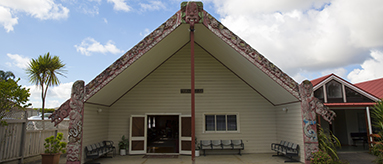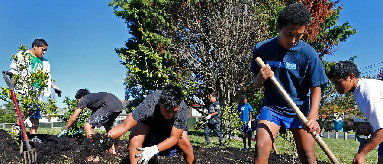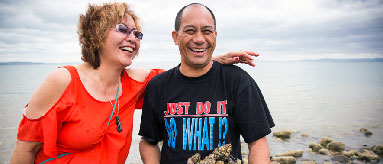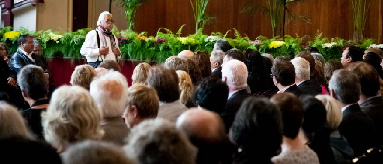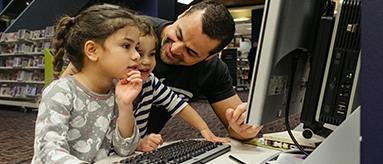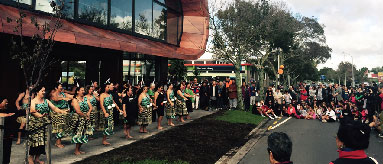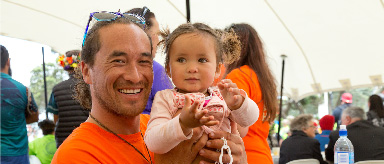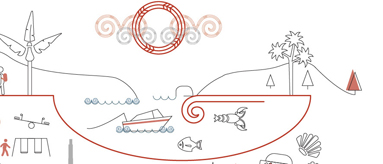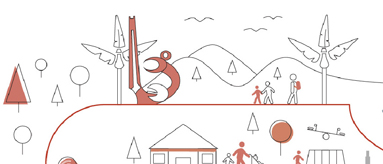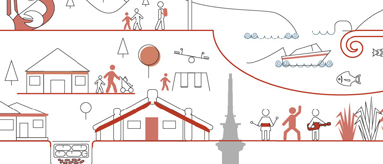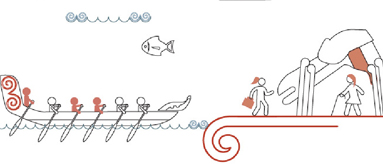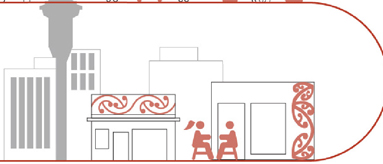Investing in the future of our tamariki Children. is vital to advancing Māori wellbeing. More than thirty per cent of all Māori Indigenous people of Aotearoa New Zealand. Māori incorporates mana whenua and mataawaka. in Auckland are under the age of 15 years. Whānau Extended family, family group, a familiar term of address to a number of people. Also the primary economic unit of traditional Māori society. is the smallest unit of Māori society and the wellbeing of tamariki is intricately linked to whānau wellbeing.
Research has shown that early experiences provide the foundation for all future learning, behaviour and health. Read more on the Centre on the Developing Child website.
This aligns with the Whare Tapa Whā model that recognises four dimensions of Māori health and wellbeing - physical, spiritual, mental, and whānau. Read more on the Ministry of Health website

